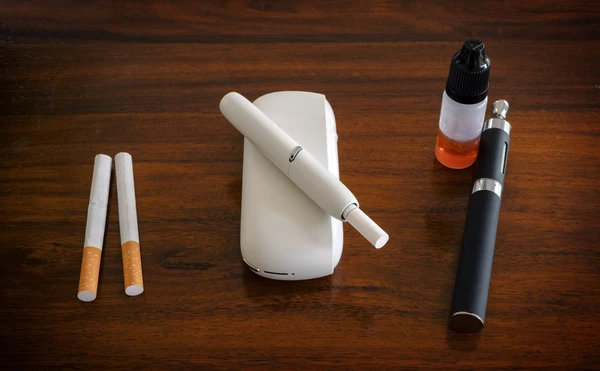
Harm reduction is most often used when specifically talking about Government policies and practices that aim to minimise the negative health and social impacts associated with drug use. In a wider context it's any public health strategy that is developed to reduce the harms associated with certain behaviours.
In relation to drugs, harm reduction is about working with people, without judgement or discrimination, to lessen the impact that drugs are having on their lives. People who use drugs should be provided with options to help them to minimize the risks associated with continuing drug use, including the risk of harming themselves or others. Keeping drug users alive and healthy is the highest priority in harm reduction.
Harm reduction is also about looking for a practical way forward. It deals with the world as it is rather than the world that some would like it to be or what might be the perfect, ideal scenario. Harm reduction not only strives to reduce the harms caused by certain behaviours, but also the harms resulting from government policy and lobby groups.
What harm reduction isn't.
Despite frequent claims to the contrary, harm reduction is not pro-drug but neither is harm reduction anti-drug. Harm reduction as an idea is neutral on this question and is only really concerned with reducing the harm caused to people and society as a whole. It's a pragmatic and evidence based approach.
A harm reduction approach to nicotine consumption.
The health risks associated with smoking are well known. Every year in the UK 100,000 people die from smoking and smoking is the cause of 90% of all lung cancers. Tobacco smoke contains thousands of dangerous chemicals, including at least 70 known to cause cancer and many others that have a lot of potential to harm you. It's simply a fact that these chemicals are not found in e-cigarette vapour.
The Royal College of Physicians' conclusion of their report from 2016 suggesting that the risks of using a vapour product “are unlikely to exceed 5% of those associated with smoking and may well be substantially lower than this figure.” have not changed, so it very clear to see that from a harm reduction perspective that e-cigarettes have a vital role to play.
There is no doubt that the public's perception of nicotine still isn't good, the The Royal Society of Public Health (RSPH) conducted a study that discovered 90% of the UK population believed nicotine to be harmful and one of the primary cancer-causing chemicals in cigarettes. The RSPH have gone to great lengths to try and address this misconception, but we clearly need to do more. There is no evidence that nicotine alone causes cancer or heart disease and the dangers of smoking are not from nicotine. There's a lot of growing evidence to suggest that it might actually be a beneficial drug for some.
The RSPH have also commented that nicotine is “no more harmful to health than caffeine”, another mild stimulant drug that millions of people consume every day in tea and coffee. It's a message that we need to keep reinforcing and sharing. Harm reduction is about consuming that nicotine in a much less damaging way.
Vaping as harm reduction.
The sensible use and promotion of vapour products as a harm reduction and factual based education could make Britain the world leader in tobacco harm reduction. We we need to make sure the message is clear. It's not (and shouldn't be) about getting all users of nicotine to stop using nicotine. From a harm reduction ethos, it's simply about allowing nicotine users to consume that nicotine in the safest way possible.
There's a phrase that goes something along the lines of “Never let the best be the enemy of the good” and that certainly applies to the way we should look at vaping and why e-cigarettes should been seen as one of the key harm reduction tools we have against smoking related deaths. Many smokers in the UK try to quit each year but only a few actually manage it without some kind of help, so to suggest that is what needs to happen would appear to be very short sighted. Abstinence from nicotine altogether may be the best option ideally, but harm reduction is not about reaching a utopian and probably unattainable goal.
Harm reduction is about working with people, without judgement or discrimination, to lessen the impact that drugs are having on their lives and that, I believe, is the best way to treat smokers. Vapour products and e-cigarettes provide smokers with options to help them to minimize the risks associated with smoking. That includes the obvious health risks to themselves but also to others around them.
It's frustrating that so much negativity and misinformation still surrounds vaping in general, especially in countries outside of the UK. Many policies and practices intentionally or unintentionally create and exacerbate risks and harms for nicotine users. Limiting product choices, making products difficult to obtain, muddying the waters around vaping safety or simply making vaping products completely illegal.
I use the term harm reduction because I think that is the way vaping should be seen. When it's thought of in those terms it becomes difficult, if not impossible, to make any solid argument against it.
